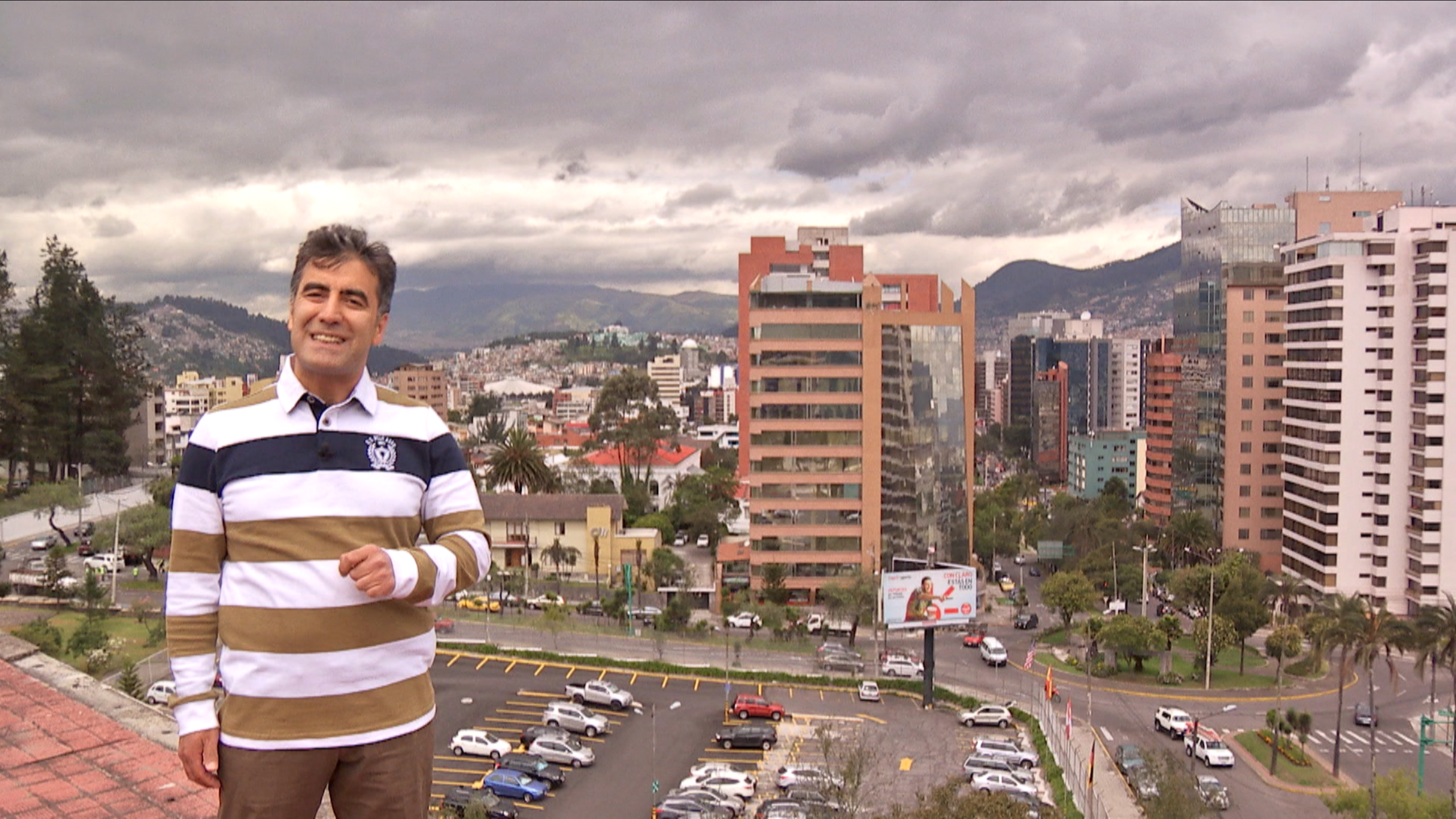QUICK FACTS
Capital: Kuwait City
Official language: Arabic
Government: constitutional emirate
Chief of state: Amir Sabah al-Ahmad al-Jabir al-Sabah
Area: 17,818 square
kilometers
Population: 2,691,158*
Gross domestic product (PPP): $149.5 billion**
Main religions: Muslim (85 percent); Christian, Hindu,
Parsi (15 percent)
*July 2009 estimate
**2008 estimate
Kuwait was known very early on among other Gulf countries for its oil wealth, and Kuwaitis began going abroad for their education as early as the start of the 1960s, which meant an early farewell to traditional desert life. You could say that Kuwait was the first Gulf nation to become Westernized.
Kuwait’s most significant sources of wealth come from oil and natural gas. There is also much income from fishing in Kuwait, but a full 80 percent of the state’s budget comes from oil profits, which continue to increase, putting a smile on Kuwaitis’ faces.
Workers from abroad
There are many thousands of workers who come from abroad in Kuwait. So many, in fact, that out of the total population, an estimated 1,291,354 are foreign nationals. Eighty percent of the country’s workforce is made up of foreign workers. Many people come here to earn a living, not only from other Arab countries but from Pakistan, Iran, India and Bangladesh.
However, the income earned by many of these foreign workers is not very high; most of them cannot even afford to bring their families to Kuwait to join them. So they work alone, far from their families, and periodically send money home. There are some Kuwaiti citizens who work in the private sector, although many more work in public institutions.
It is a constitutional requirement in Kuwait that the state provide housing for married Kuwaiti males. Also, the state provides credit without interest. This proffering of no-interest loans over a period of 58 years to married males ensures that every married Kuwaiti couple is a homeowner. Most Kuwaiti families live in single family, villa-style homes which are generally quite large.
The weekend in Kuwait is on Friday and Saturday. Weekends actually used to be on Thursday and Friday, but this was later changed to be more in sync with the West. In the general area in which Kuwait is located, only Saudi Arabia and Oman have their weekend on Thursday and Friday.Women received the right to vote and be elected in Kuwait in 2005. Before women were granted the right to vote, Kuwait had only 139,000 voters; now it has 339,000. Another interesting fact about voter profiles in Kuwait is that neither policemen nor members of the armed forces have the right to vote here, a ruling made to help boost objectivity among voters.
Summer months are extremely hot in Kuwait, with temperatures soaring up to 50 degrees Centigrade, which means the best time to visit is really during January and February. In fact, the relatively moderate nature of the temperature in February means that this month is traditionally the month of festivals.
There are some enormous shopping centers in Kuwait. As in other nations it is traditional to head to the shoreline for strolls and outings, in Kuwait people head to these giant malls. It has become part of Kuwaiti culture to do this. Especially on very hot summer days, people head for the cool of these malls, where there are enormous air conditioners, to shop, eat, walk around and be entertained.
Fishing is one of the oldest pursuits and professions among Kuwaitis. Fish caught at sea are sold at auctions, and there is always active bidding on the fish caught in the early morning hours. If you decide to visit Kuwait, it would be a shame not to sample some of the Gulf fish sold at restaurants and shopping centers. One of the best-known fish restaurants is called the El-Muhallab. Here you can eat a wide range of fish while listening to traditional Kuwaiti music. The tea you will be offered after your meal is much stronger than Turkish tea, so it comes in much smaller teacups.
There is a special Kuwaiti cultural tradition called the “diwaniyah” here, with every family holding its own divaniye every week. These diwaniyahs are attended by grandfathers, fathers, uncles and even the youths of the families, and at these meetings internal family matters are discussed, as are business partnerships, investments and other matters. Decisions to be made concerning the family are made here.
Arab coffee
There is a lot of serious discussion that occurs at the diwaniyahs, and there is also a lot of strong Arab coffee drunk here. Arab coffee is known for how it boils for many hours, and tends to draw guests with its delicious aroma. Interestingly, the coffee is followed by the burning of frankincense, whose smoke guests inhale by drawing it close to themselves with their own hands. Offering frankincense to guests is a special Kuwaiti tradition.
When it is time to elect new members of the Kuwaiti parliament, the most important election activity for candidates is to visit various divaniyes around the nation. There are no campaign rallies here as in other nations.
It is a fact that current relations between Kuwait and Turkey are not at the desired level. With its rising population and rich oilfields, Kuwait is not a country to be ignored when it comes to Turkey’s economic and trade relations. Some say that Kuwait has more than $150 billion in overseas investments. And so, entrepreneurial Turks could certainly do business with the Kuwaitis. Kuwait is a nation that imports almost everything, and 70 percent of the goods it imports are made up of consumer products. The greatest share of these goods is taken up by the US and other Western nations. Looking at import and export levels to and from Turkey, though, the figures are almost negligible. And so it appears that Turkey must find a way to engage Kuwait in more trade and raise import and export levels. The Kuwaiti market remains a large potential market for Turkey, and likewise, it should not be forgotten that Kuwait sends many tourists out into the world.
In the end, Kuwait is a warm country full of warm people, a generous country, a country where our “döner” kebab is sold under the name “shawarma.”





























